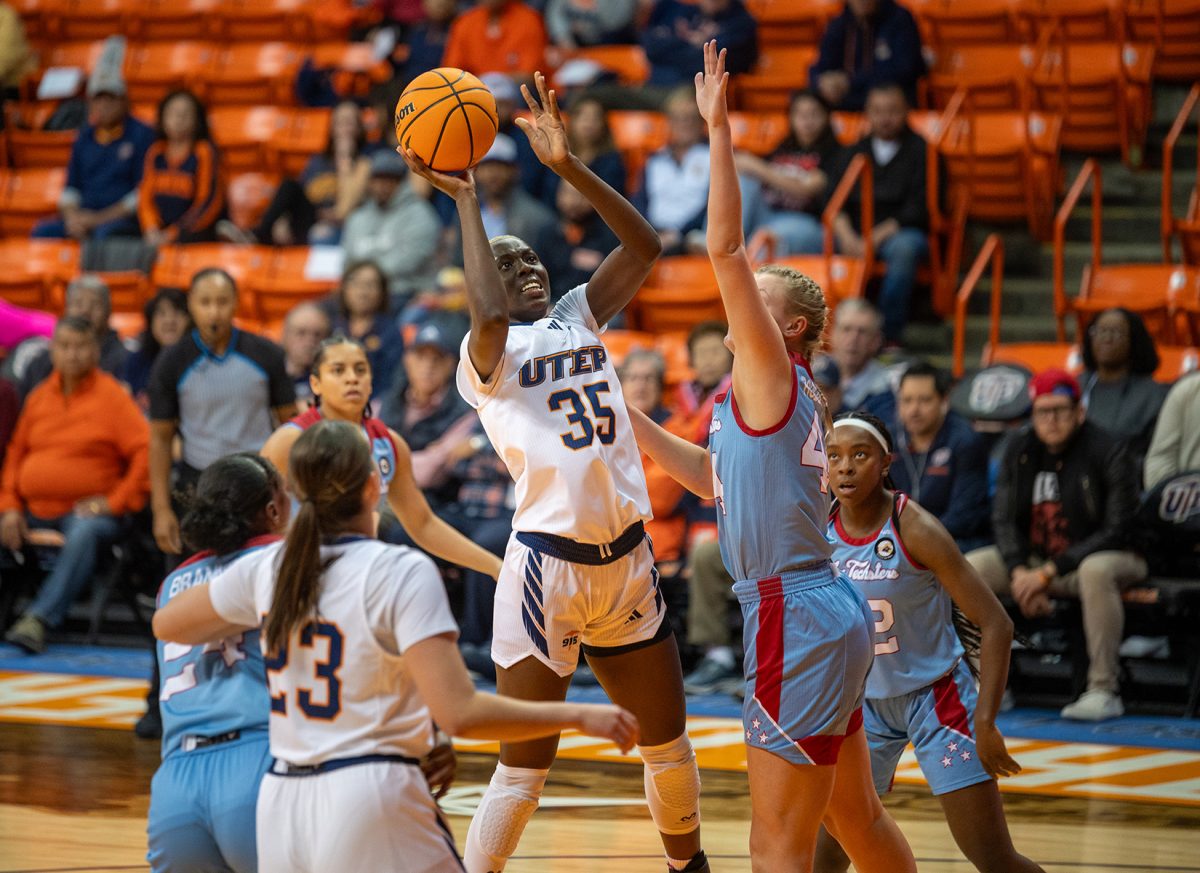“It’s all rigged, they don’t deserve to go on through, beyond embarrassing, they bought themselves their way into the final and blatant theft.”
These are some of the comments or headlines that can be read across different publications and blogs regarding last night’s Gold Cup semifinal match between Mexico and Panama. For those of you that didn’t see or hear about the match, Mexico advanced after a very controversial game in which American referee Mark Geiger, called two penalties and left Panama a man down after sending off forward Luis Tejada in the 24th minute.
Analyzing the previously mentioned decisions, anyone with a basic understanding of soccer, along with it’s rules, will tell you that the first penalty and the red card were terrible calls. The second penalty, which was just as controversial as the first one, was actually a good call after Panamanian defender Román Torres clumsily tackled a Mexican player.
The match even had a 10-minute delay after the Panamanian players threatened to leave the pitch as a sign of protest after the first penalty.
In the end, it all ended with chaos, insults and with the most important objective accomplished, one of the CONCACAF giants in the final of the Gold Cup.
Now there are two options to pick from when analyzing Mexico’s controversial win.
Number one, Mexico has long stopped being one of the major forces in the confederation, and now needs all the help it can get to reach a final. Or number two; there was a lot of money at stake for some people in case Mexico didn’t reach that final.
If you choose to believe option number one, you are either an idealist who wants to believe in the purity of the sport, or a child filled with innocence.
If you picked option number two, congratulations, you not only understand that the world of sports is a business, but have also been paying attention to the FBI arrests and investigations that have shown that FIFA is a den of corruption.
Now let’s break the down the possible implications of Mexico missing the Gold Cup Final.
To begin, CONCACAF was already having cold sweats because they had just lost one of its cash cows in the other semifinal match, The U.S. men’s national team. This in itself had huge implications for the tournament, but that would require an article dedicated just to address that particular issue, so let’s keep focused on Mexico.
For a long time now, Mexico has represented a fantastic business for sponsors, host countries of tournaments and the CONCACAF. There is reason they go “on tour” all the time. It does not matter. In New York, Dallas, Phoenix and Chicago, Mexico always sells out stadiums and attracts millions in revenue for those involved.
The 2015 Gold Cup has not been any different. Despite showing incredibly poor form throughout the tournament, fans continue to fill stadiums and buy jerseys.
Speaking of jerseys, Adidas, the main sponsor of the Mexican national team, was probably another very nervous business partner about the match.
Last year, Adidas announced that they would renew their business partnership with Mexico until 2022. In an interview with Forbes magazine, Ernesto Bruce, director of soccer for Adidas North America, explained the impact of Mexico in the U.S. market.
“With Mexico, we went all in or nothing,” Bruce said. “What if they didn’t qualify? We held strong, stayed confident and said they were going to qualify. We have definitely reaped the benefits.”
What Bruce is referring to is the precarious situation Mexico found itself when trying to qualify for the FIFA 2014 World Cup. They had to qualify by playing against New Zealand in a play-off.
“For us in the U.S., Mexico is our No. 1 selling jersey; Germany and Argentina are tied for second place in terms of total volume,” Bruce said. “We’ve had a 30 percent increase in overall sales of Mexican national team jerseys from 2010 World Cup to this World Cup, even though there was all the drama coming into the event.”
Although the Gold Cup moves far less money than the World Cup, the same rationale applies, Mexico does good and the money keeps on coming.
These are just a few among a myriad of reasons why Mexico needed to be in the Gold Cup final. Like mentioned before, I could probably write multiple pieces on each little reason, but in the end they will all amount to the same thing, profit.
CONCACAF does not want feel-good stories of two underdogs defeating giants and facing off on the final. They don’t want to have two countries that combined barely represent a market of 6.5 million. No, they want to continue to reap the profits of putting on the same show over and over again to the tune of millions in profit.
They want, no, they need Mexico.
Alonso Moreno may be reached at [email protected].




